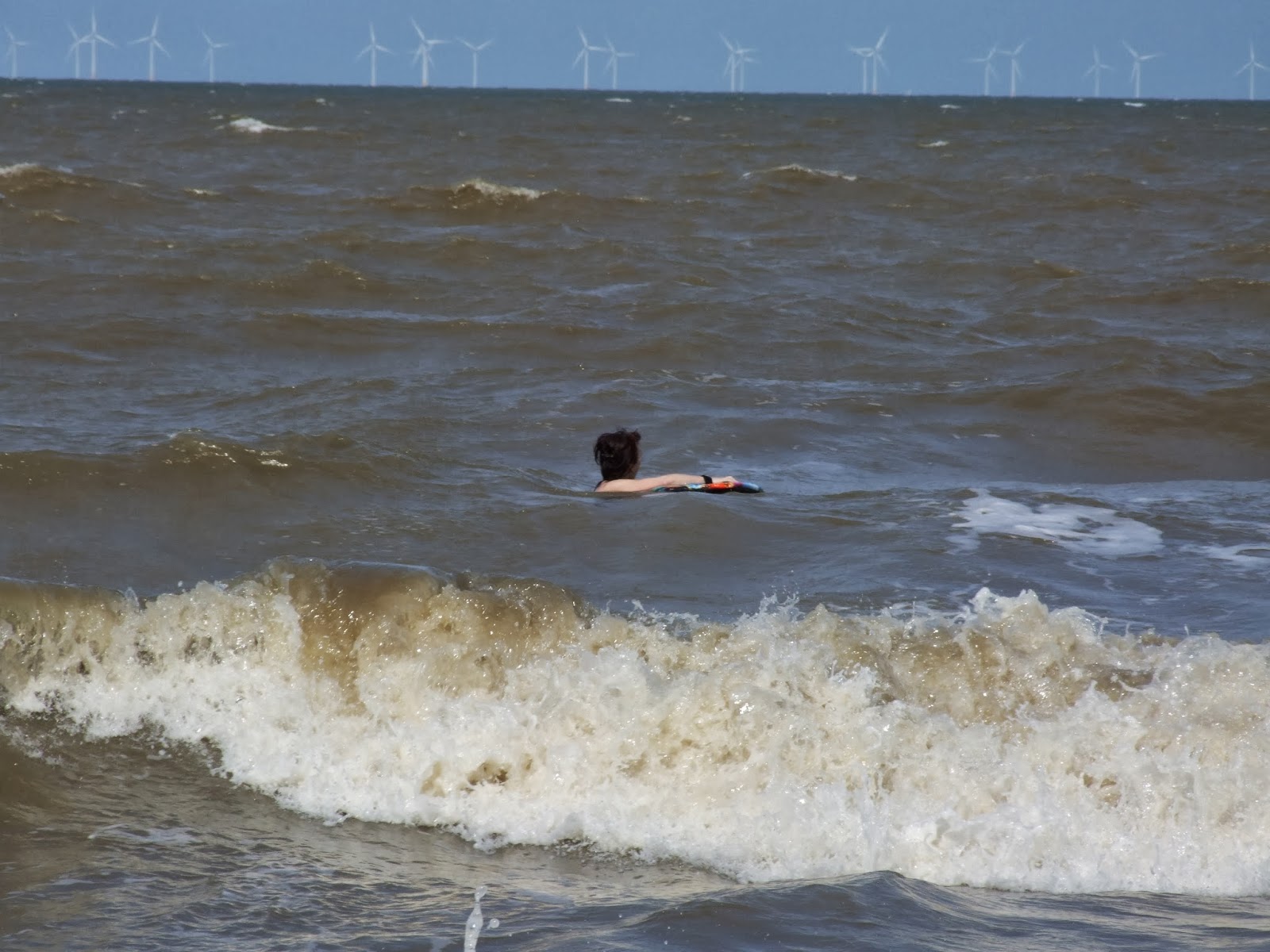So it’s a sort of goodbye to the wonder that was #rhizo14 – but not
quite and not yet… For one thing we are taking forward the autoethnography
project – so if you were part of #rhizo14 for any amount of time – we would
love to have your experiences here: https://docs.google.com/document/d/1mSrZFBt1cYjDSAaFc6Et-BAZ95oEEBMi-AvAX8Fz8Qs/edit
For another – who could let go of a FB Group (Sarah, Simon, Apostolos,
Scott, Dave… you know who you are!!) that sprouted wonderful discussions like
this:
Heeeeelp! I
have to write a piece titled: "What does the metaphor of the rhizome mean
for collaborative learning. How would it impact on teaching methods?" and
I am stuck. What the heck is this rhizomatic learning anyway? [How can learning]
be structured,
but still be spontaneous.
Be still. Let em sing/dance/write/graft/dig and
together make a show. This came to mind: http://youtu.be/xlvf1Jawg6E
It's all
very woolly. My thesis might be about collaborative learning in undergraduates,
it's up to me to make up some models. There's this thing called patchwork text
that I am quite drawn to, also some comments by John Seely Brown that I have
half remembered ...
I suggest knitting.
I’m always
knitting, fecking uni won't accept it as a PhD thesis!
Our Dave: What does the metaphor of the rhizome
mean for collaborative learning - the rhizome challenges collaborative learning
to allow learners to really be at the centre of the learning. If there is no
beginning and end, and all is middle, then we need to allow for student to make
their own map of the territory being studied. The facilitator sets the ecology
for learning, tends the garden, but allows the rhizomes to spread, be cut off,
and re-grow elsewhere. It also challenges the possibilities of outcomes as
being seen as objectives. Goals can be shared as a community, in face, they
shape the community, but objectives grow as part of the mapping process.
How would
it impact on teaching methods - many teaching approaches start from the hoped
for outcomes and work their way backwards. The rhizome challenges this as an
artifice that is a child of hierarchy. Hierarchies for learning and knowledge
that are legacies of a book driven, yes/no, final product history that overlays
a deep complex human experience. If the outcomes are actually the coming
together of the lines of flight that occur in the middle space, they will shape
themselves differently for each learner, and the maps themselves will be unique
(or close enough to it). This actually mirrors the 'real life' experience of
professionals and more closely emulates our goals in that as educators to
prepare students to be creative participants in their field of study: https://docs.google.com/.../1-Jqr08jT.../edit
This course hopes
to prepare the learner for dealing with uncertain situations with respect to
educational technologies. The goal is *not* to teach any specific area of
edtech nor to achieve a level of competency with a specific tool but rather to
introduce and develop the literacies required for being able to make good
decisions with respect to technologies in an educational context.
There are lots of tools out there, and, in some cases, they change all the time. The communication skills involved in being social... those are constant. The process of converting your existing skills in being social, in doing research, in project management, in information literacies - this is the focus of the course. And I expect that to work out differently for each student. We all come to this kind of course with different understandings and a different background and I expect we’ll all come out with different outcomes. That’s good. And expected. If I do my job in this course as an instructor, you’ll be working for yourself... not for me. I talk about literacies. uncertainty. decision making. creativity. lots of nice buzz words. This year I'm going to be adding 'abundance' and 'permission'…
There are lots of tools out there, and, in some cases, they change all the time. The communication skills involved in being social... those are constant. The process of converting your existing skills in being social, in doing research, in project management, in information literacies - this is the focus of the course. And I expect that to work out differently for each student. We all come to this kind of course with different understandings and a different background and I expect we’ll all come out with different outcomes. That’s good. And expected. If I do my job in this course as an instructor, you’ll be working for yourself... not for me. I talk about literacies. uncertainty. decision making. creativity. lots of nice buzz words. This year I'm going to be adding 'abundance' and 'permission'…
People like
terminology. From what I was reading recently: Agent-Based Modeling ABM's (fits
with shaken not stirred). "Thus relying mainly on experimental and
descriptive approaches places limitations on a quest to seek understandings of
the possibility space over which an emergent phenomenon may unfold." Dad,
you're talking out your ass again. "...can reveal insights that may
otherwise remain elusive..." (I love "elusive" much better than
"slippery." … I'll keep slippery then. Goes with just having
our car fixed. They took 3 days and claim it was because they were "short
one seal and had to order another." I can see this as problematic for an
active circus but not a car dealership. Having fish
left over at the end of the day should have alerted someone? … Don't the slippery town
fathers always take the badge away from in-corruptible sheriff in the westerns?
Badge-less I stand on the side of honesty and the more elusive, justice.
If that
leaves you a bit breathless and hungry – join the #rhizo14 FB Group – you will
be welcome. Spread the rhizome. Be the fungus!



